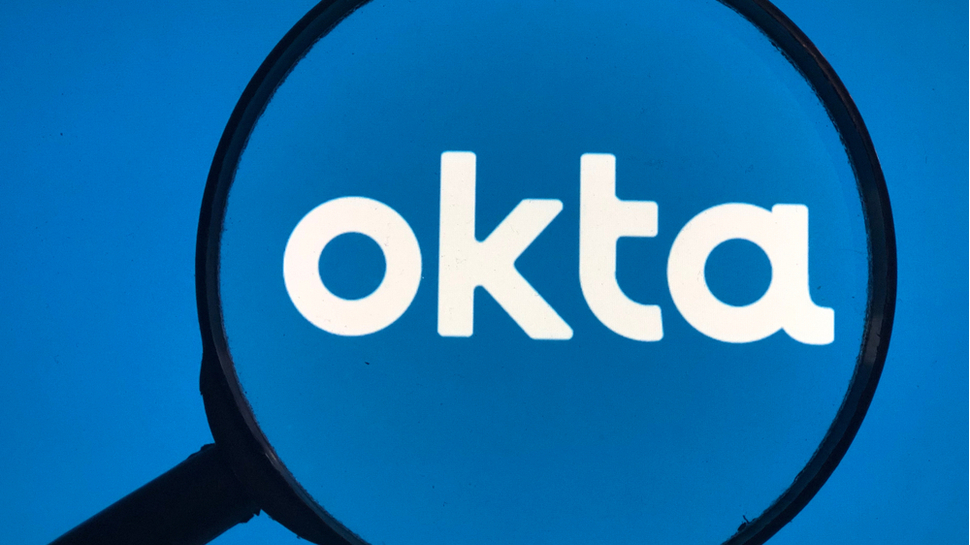Passwords could soon be abandoned once and for all
Single sign-on and biometrics combine to put an end to the password

Businesses are at last ready to leave passwords behind for good, recognising the security risk and time sink they represent, according to access management firm Okta.
Joe Diamond, the company’s VP of Product, told TechRadar Pro businesses are no longer willing to tolerate the friction or hazards associated with managing a multitude of passwords.
“The biggest trend is that there is a general cognisance that passwords are a problem," Diamond says, "there’s a huge desire among organisations to get rid of the complexity of password management altogether.”
- Here's our list of the best identity management services on the market
- Working from home: the mouse, monitor, keyboard and router you need
- Check out our list of the best password managers available
“They’re looking for a way to [completely] eliminate passwords, improving usability while at the same time significantly improving security as well,” he added.
Okta believes the future of access management lies in single sign-on (SSO) solutions, that allow users to access all necessary applications using a single fingerprint or facial recognition scan - effectively making the password redundant.
Passwordless future
In lieu of its annual conference Oktane, which was set to take place in San Francisco this week but was cancelled due to the coronavirus outbreak, Okta took to the online stage to announce the latest changes to its product suite.
At the virtual event, the firm unveiled Okta FastPass - a new platform that the company says will facilitate uniform and passwordless access across all devices, applications and operating systems.
Are you a pro? Subscribe to our newsletter
Sign up to the TechRadar Pro newsletter to get all the top news, opinion, features and guidance your business needs to succeed!
Available on both managed and unmanaged devices, FastPass aims to address security and productivity-related issues associated with poor password hygiene, and offer IT teams standardisation and ease of use.
The move is designed to “bridge the clunky experience users have had with passwords” and make it “completely seamless,” explained Diamond.

TechRadar Pro also spoke with Satish Iyer, VP Products & Strategy at HPE, which leans on Okta’s services to federate and unify identity. Iyer also considered the elimination of complexity a main priority where identity is concerned, and echoed Diamond’s call for seamlessness.
“Identity [management] is something nobody should even know exists - it should be seamless. It’s not core to what we do as a company, so to have [a partner] at the edge of that technology curve is important to us.”
According to Iyer, the ongoing coronavirus pandemic has also emphasised the importance of cloud-friendly access management that supports the need for flexible and remote working.
“Systems need to be much friendlier [to the user] and cloud friendly too for employees and customers to gain access from wherever they need. [The pandemic] is going to accelerate these kinds of projects in the next couple of years...it will trigger a bunch of motions around cloud, whether that’s on premise or public,” he said.
Zero trust
Okta sees its latest product developments as an initial step on a wider journey towards helping its clients achieve zero trust architecture, which dictates that all possible signals (such as location data, user behaviour and biometric evaluation) should be assessed before access is granted.
“You’re looking at things like typing cadence, how [the user] interacts with their machine - all of these are important signals that validate whether or not that user is who they say they are. You also want to be [performing this assessment] continuously,” said Diamond.
While not all of these features are available at present, their development will surely mean only one thing for the humble password: retirement.
- We've put together a list of the best video conferencing services of 2020

Joel Khalili is the News and Features Editor at TechRadar Pro, covering cybersecurity, data privacy, cloud, AI, blockchain, internet infrastructure, 5G, data storage and computing. He's responsible for curating our news content, as well as commissioning and producing features on the technologies that are transforming the way the world does business.